In a nutshell
EMOTLC is a pioneering research lab that explores how emotions are construed, expressed, and understood through the lenses of history, linguistic diversity, and cultural contexts.
The lab is a space and a community at UCLM where you can experiment with new methods, collaborate with others, and engage in conversations about how emotions shape the world around us and, in turn, is shaped by them.
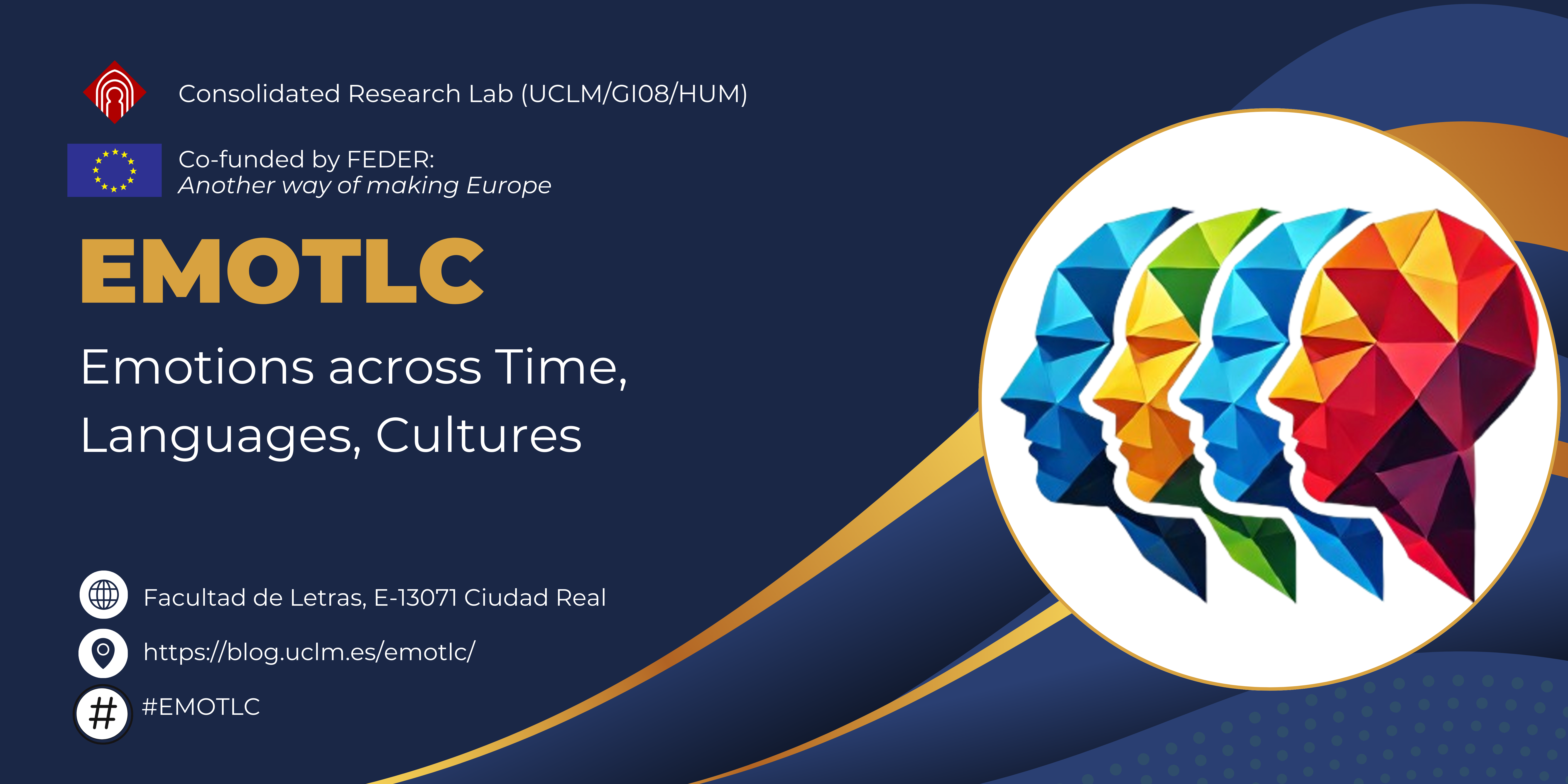
A community of practice
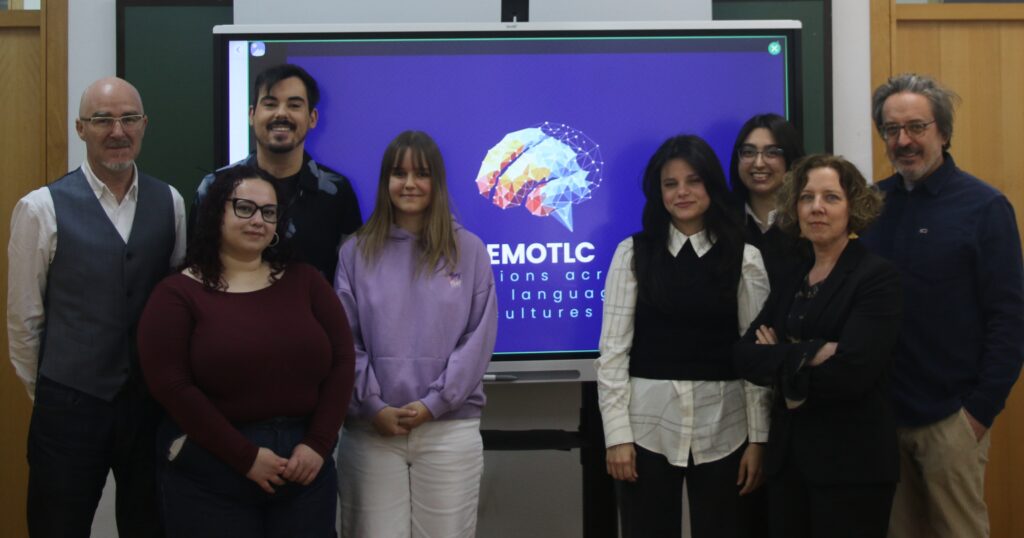
Our research lab group investigates the past and present of emotions across time, languages, and cultures, revealing their impact on human experiences, social structures, and the links between history and contemporary life.
EMOTLC brings together scholars and advanced students who are interested in the intersections between research on languages, emotions, and cultural studies, using a variety of approaches to explore how language shapes and expresses emotional experience across different cultural and historical contexts.
At EMOTLC, we see ourselves as a community of practice, bringing together researchers, educators, and students who share a curiosity about how emotions are shaped by history, language, and culture. Our community thrives on collaboration, knowledge-sharing, and ongoing dialogue, creating a space where diverse perspectives enrich our understanding. Junior researchers can engage with faculty, participate in workshops, and receive feedback on their projects, all while contributing to a supportive and dynamic research environment.
The network fosters interdisciplinary dialogue by incorporating perspectives from linguistics, literary studies, history, anthropology, and related fields. Through collaborative research, workshops, and discussions, EMOTLC aims to deepen our understanding of the role of language in constructing, transmitting, and transforming emotional knowledge.
The group is based in the Department of Modern Languages section of the Faculty of Arts (UCLM) and meets regularly to discuss work-in-progress, new relevant publications, and presentations by members of the group or invited scholars.
Research themes
Our research explores the pivotal role of emotions in history, examining how they shape societies, identities, and human experiences across time. Since 2023, our group has been working in three closely interconnected clusters, each with distinct yet complementary research themes and lines of inquiry.
Cluster 1
Positive Emotions: The Glue of Societies
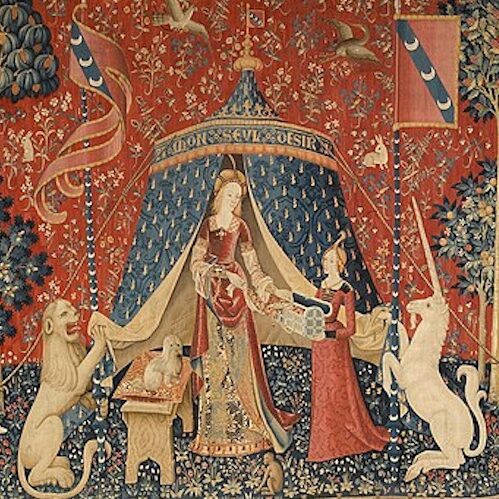
This cluster investigates how emotions such as joy, empathy, gratitude, love, and solidarity have historically contributed to social cohesion and human progress. Our central questions explore how individuals and communities have harnessed positive emotions to strengthen bonds, foster cooperation, and improve collective well-being. By examining historical, cultural, and philosophical perspectives, we seek to understand how attachments to positive feelings have shaped institutions, moral values, and everyday life, ultimately enhancing human living conditions across time.
Cluster 2
Affective Landscapes and Performativity
This cluster explores explores the dynamic interplay between emotions, space, and performance in historical and contemporary settings. Our focus in on how emotional experiences are shaped by the physical and social environments in which they occur, focusing on how individuals and communities perform emotions through rituals, social practices, and everyday interactions. We seek to understand how emotions are not only felt but also enacted and embodied within specific spaces. This cluster highlights the ways in which individuals and groups navigate and reshape emotional landscapes, offering new insights into the intersections of emotion, identity, and power in various cultural, social, and historical contexts.

Cluster 3
Shaping Identities through the Affects
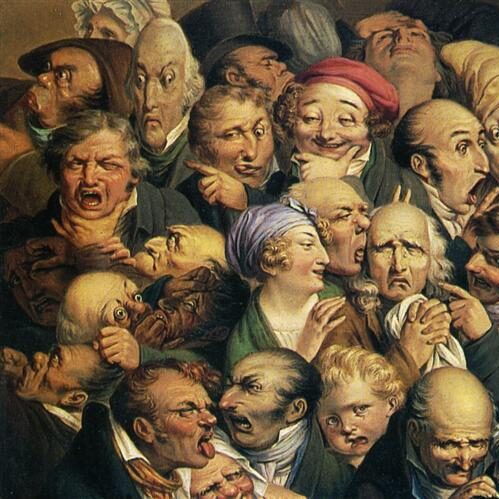
This cluster examines the role of emotions in shaping individual and collective identities throughout history. We explore how feelings such as pride, fear, love, and resentment contribute to the formation of social, cultural, national, and textual identities. Our research questions focus on how emotions define group belonging, influence personal self-perception, shape textual genres, and drive historical change. By analyzing emotional expressions in different contexts, we aim to uncover the deep connections between affective experiences, identity formation, and genre across time and space.
General Objectives
Unravelling the Past
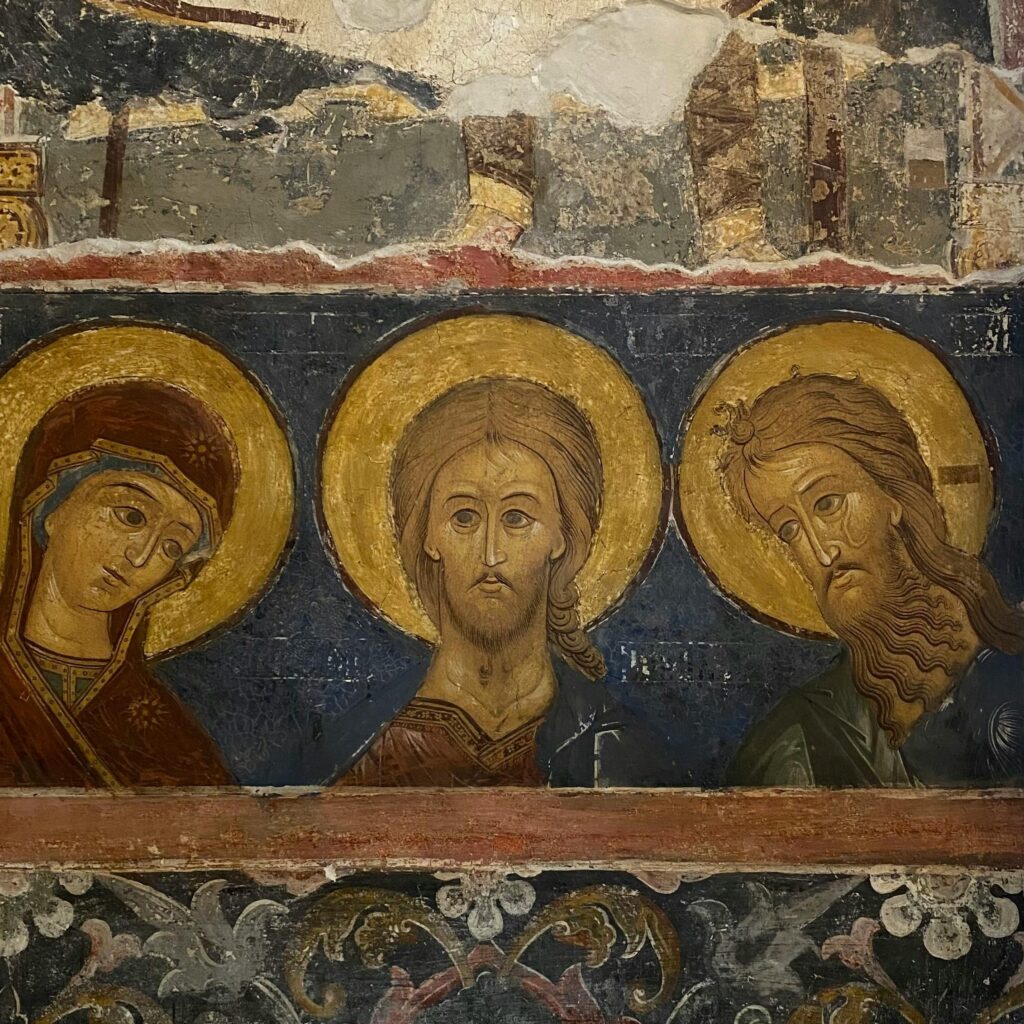
Our mission is to uncover the emotional experiences of people across history, exploring how emotions have shaped societies, cultures, and individual lives over time.
Bridging Past and Present
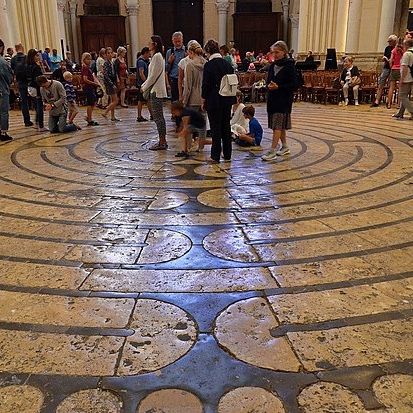
We aim to connect historical and contemporary emotional expressions across cultures, demonstrating how emotions transcend time while remaining deeply rooted in cultural contexts.
Exploring Diversity
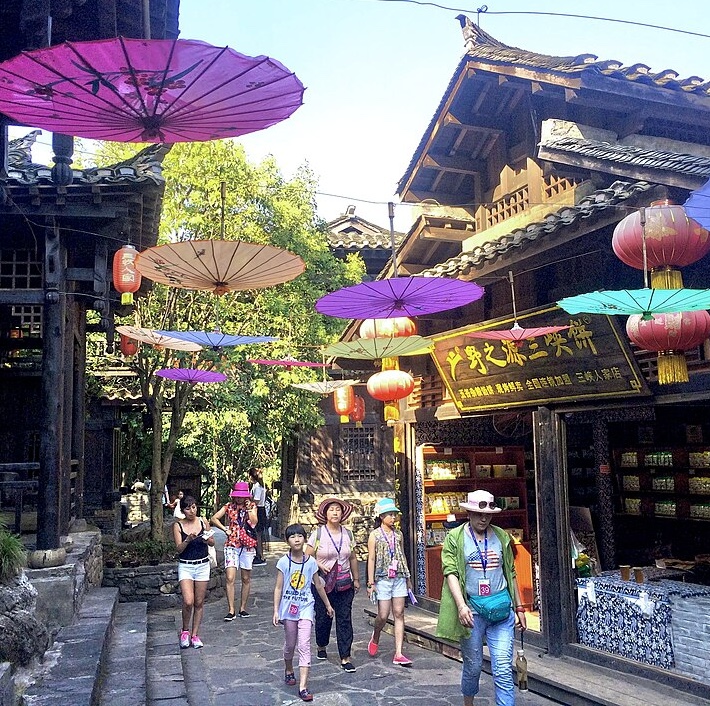
Our mission is to study the cultural variation in emotional expression, perception, and understanding, uncovering how emotions are shaped by cultural norms and practices across diverse societies.
Universality and the Unique
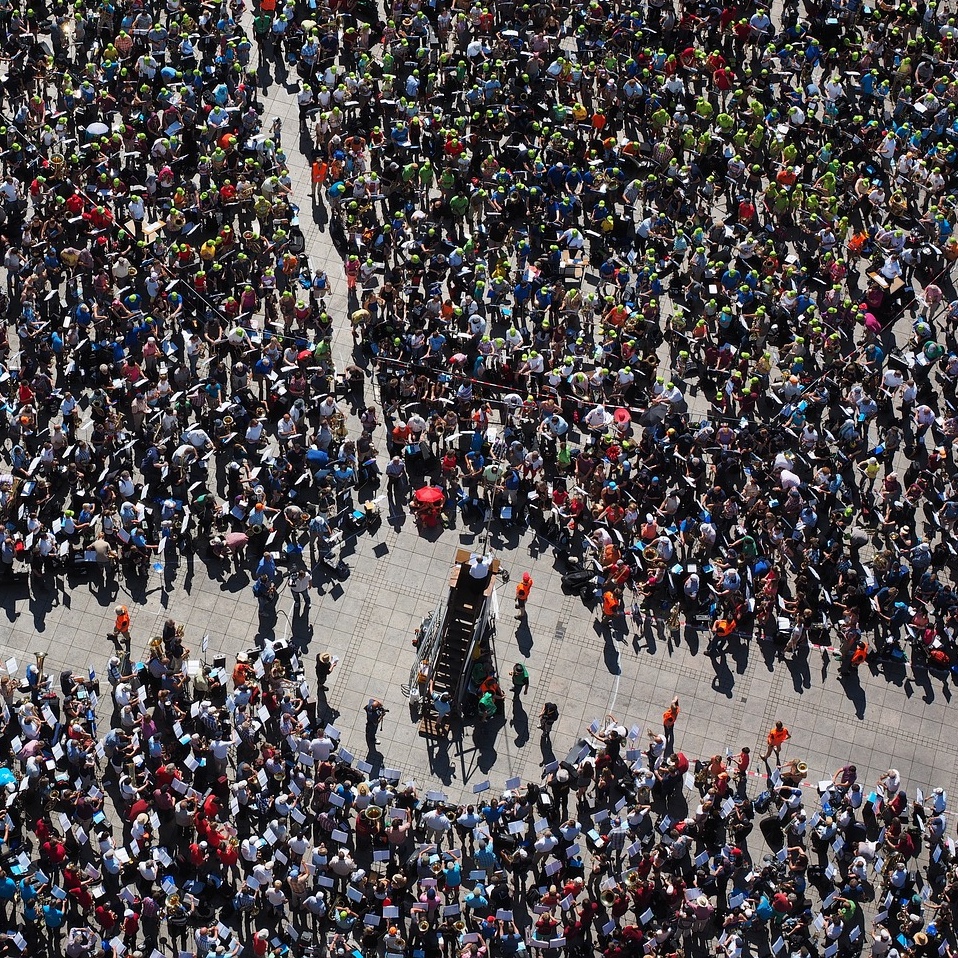
We explore the universal traits and cultural differences in emotional expression, revealing the shared and distinct aspects of human emotions.
Connecting Cultures

Our research examines how emotions bridge cultural divides, enhancing empathy and mutual understanding in an interconnected world.
Embracing Inclusivity

We foster inclusivity by studying and valuing the diverse ways emotions are expressed and experienced across different cultures, backgrounds, and perspectives, ensuring that numerous voices are recognized in our research.
Lab members
The research lab Emotions across Time, Languages, Cultures is an international, collaborative, and interdisciplinary hub uniting senior and nunior researchers from linguistics, cultural studies, anthropology, psychology, and digital humanities to explore the history and expression of emotions in diverse linguistic and cultural contexts.

Javier E. Díaz-Vera, lab leader
Professor, UCLM
PhD in Linguistics (Complutense University of Madrid, Spain; 1994)
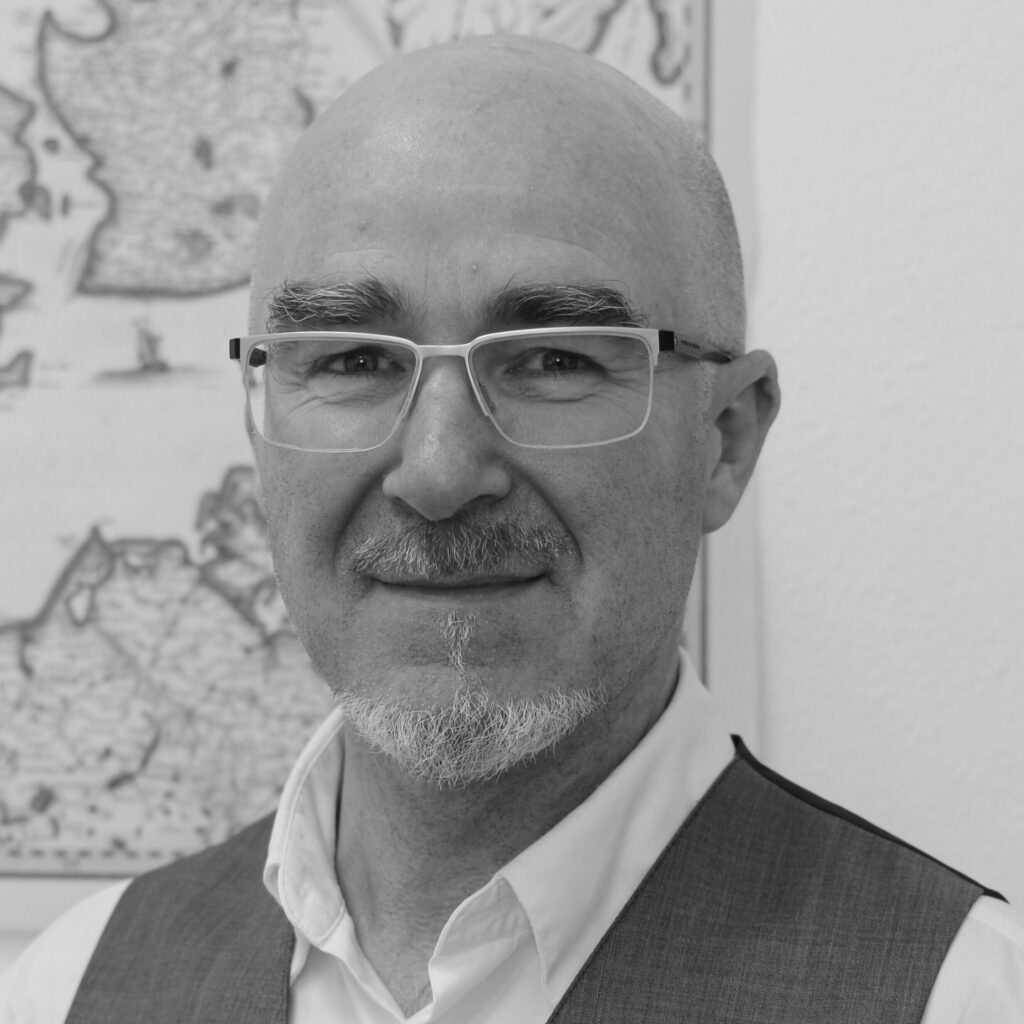
Teodoro Manrique-Antón, coordinator
Professor, UCLM
PhD in Philological Studies (University of Salamanca, Spain; 2008)
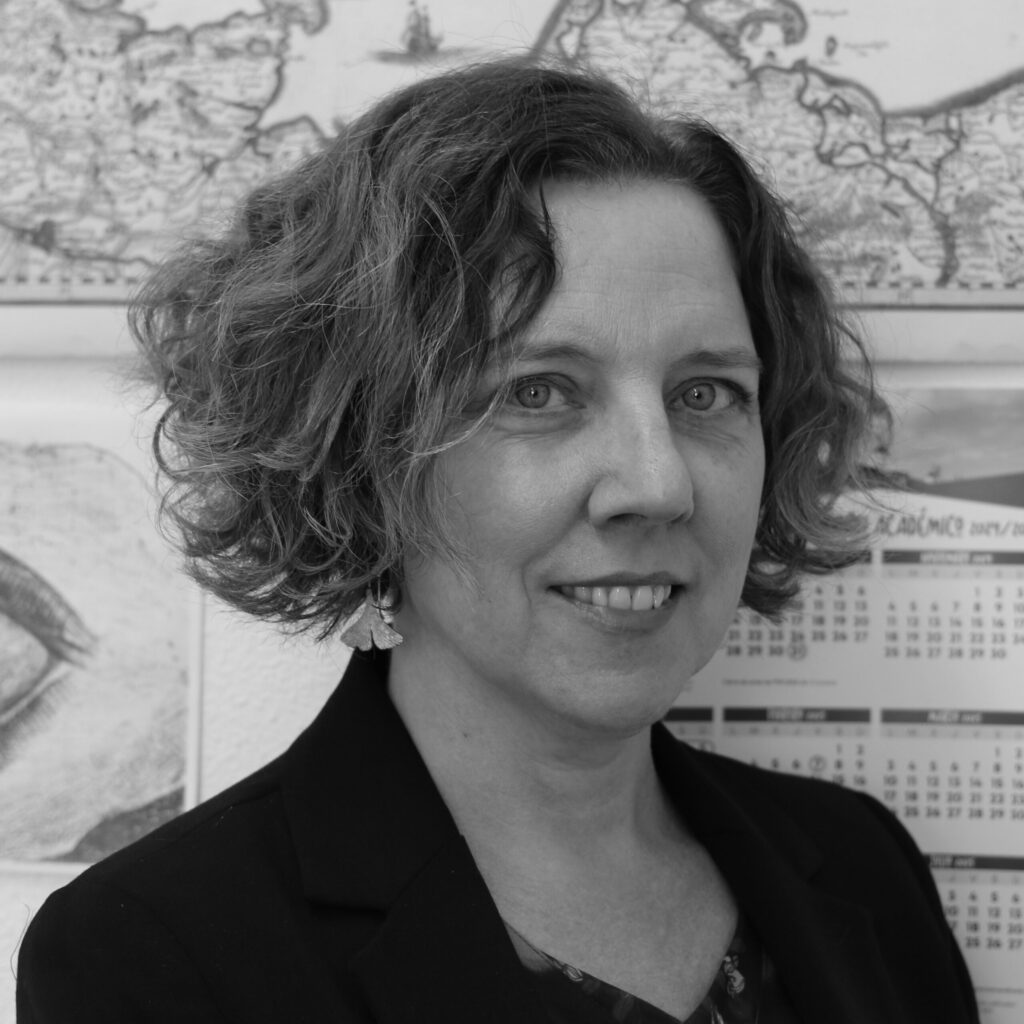
Edel Porter
Professor, UCLM
PhD in Philology (University of Leeds, United Kingdom; 2007)
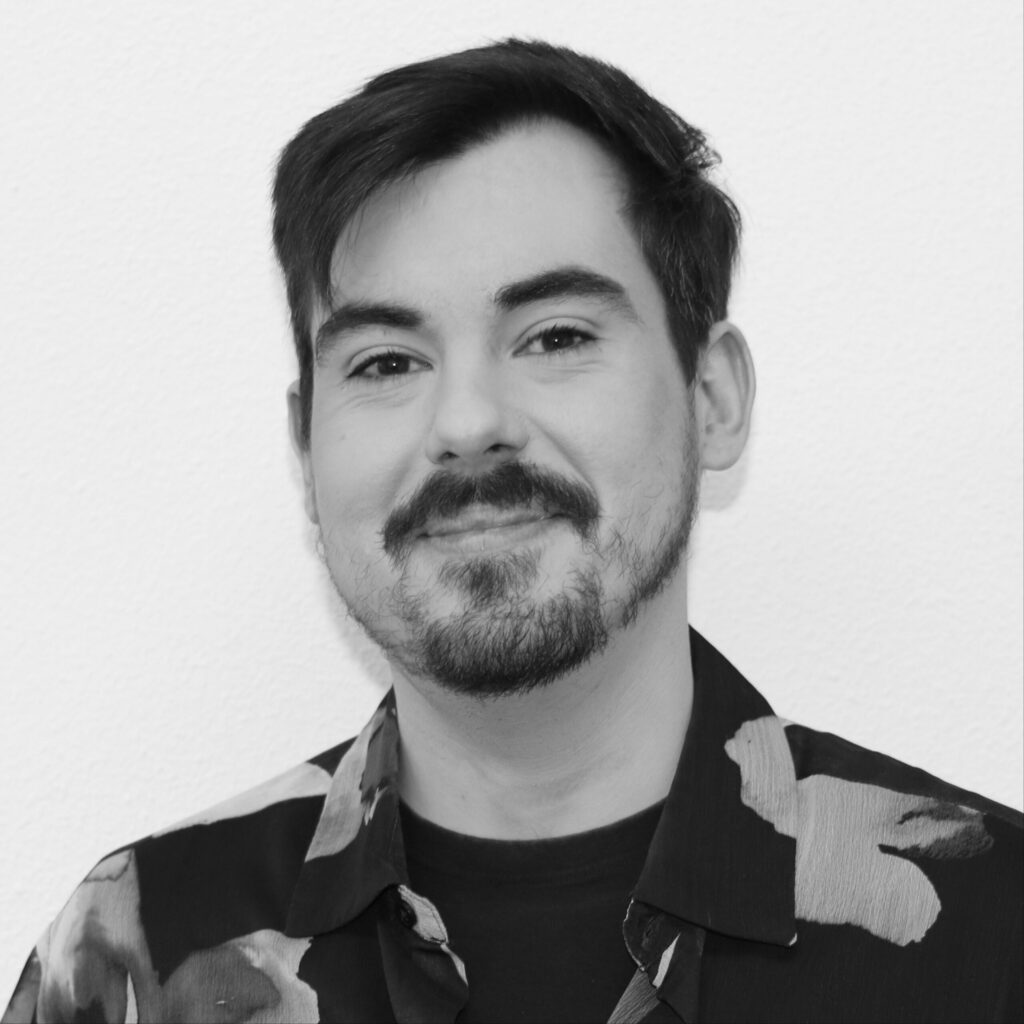
Fran Minaya-Gómez
Professor, UCLM
PhD in Humanities (UCLM, 2021)
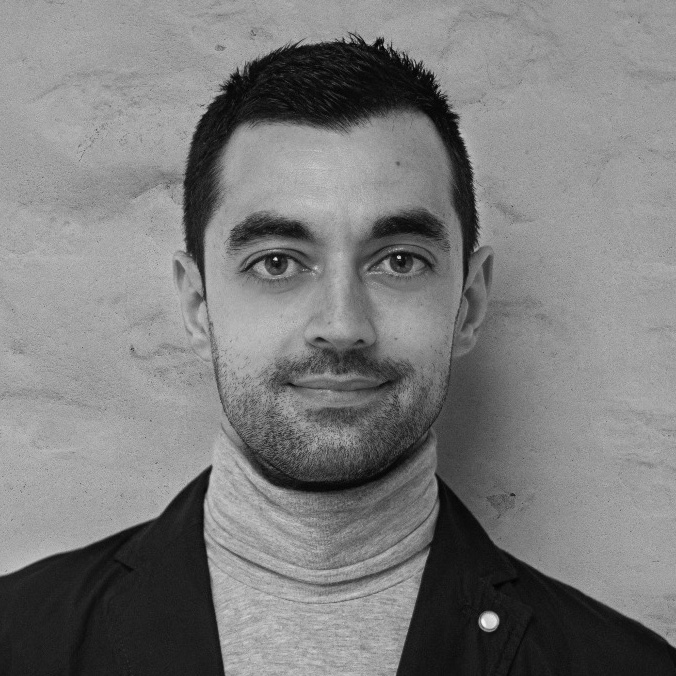
José Miguel Alcolado-Carnicero
Lecturer, UCLM
PhD in Humanities (UCLM, 2013)

Yadi Si
PhD candidate (UCLM)
MA in Modern Languages (Hebei International Studies Uiniversity, China)

Anna González Gasiorowska
PhD candidate (UCLM)
MA in Arts and Humanities (UCLM)
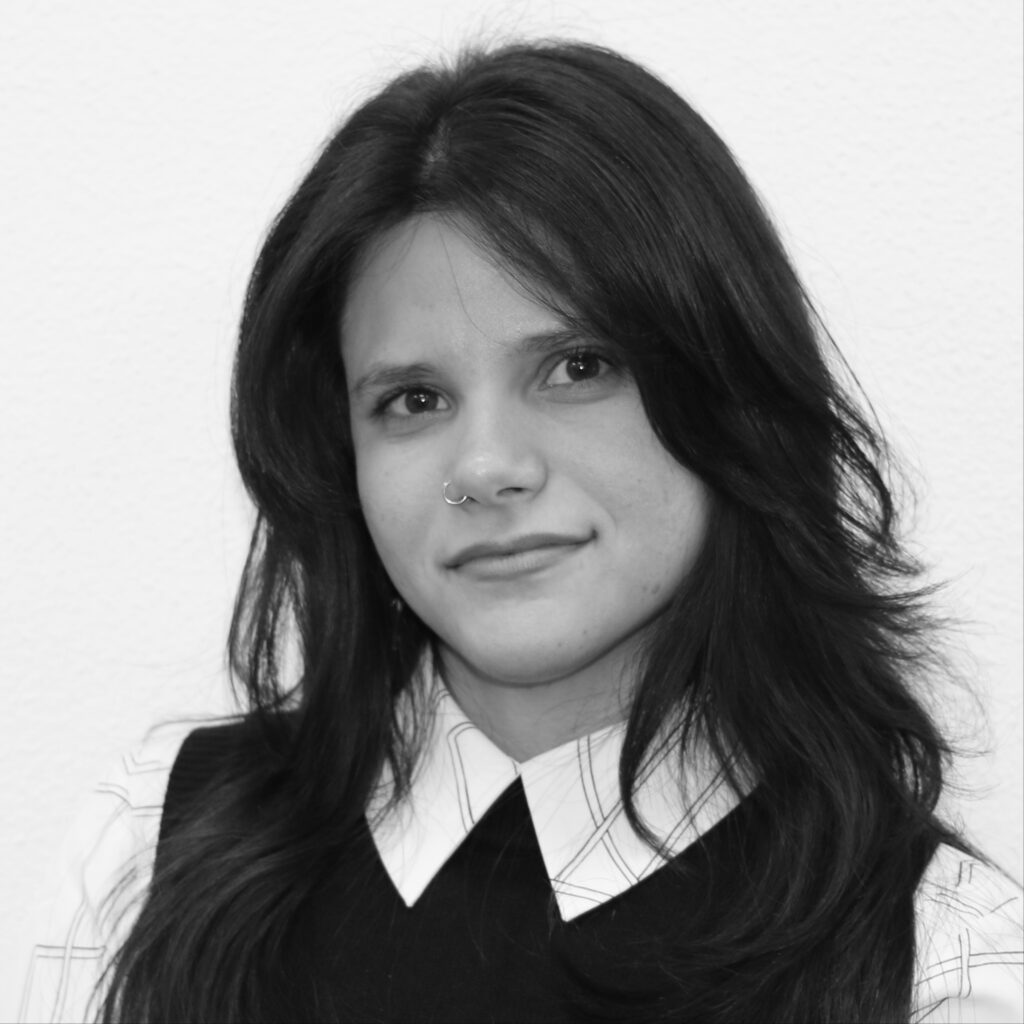
Gabriela Díaz-Díaz
MA candidate (Sociolinguistics and Multilingualism, Kaunas, Stockholm, Mainz, Tartu)
BA in English Studies (UCLM)
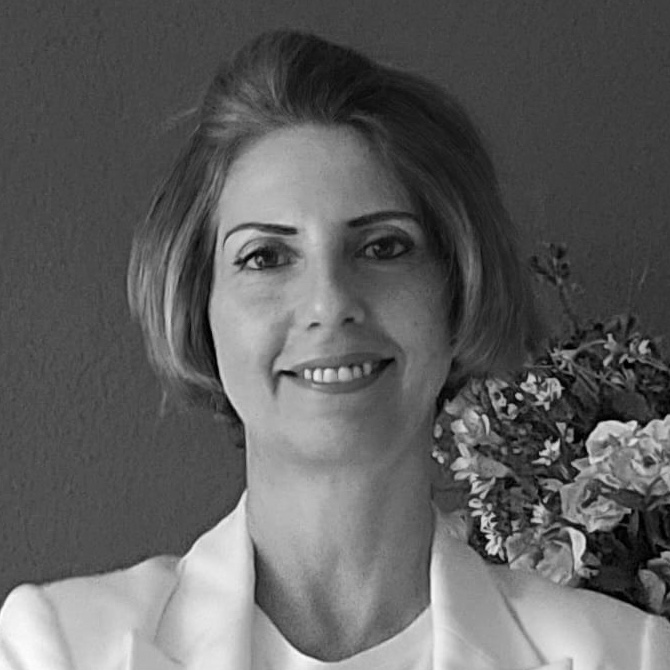
Hagit Dori
PhD candidate (University of Granada, Spain)
MA in Anthropology (Hebrew University of Jerusalem, Israel)
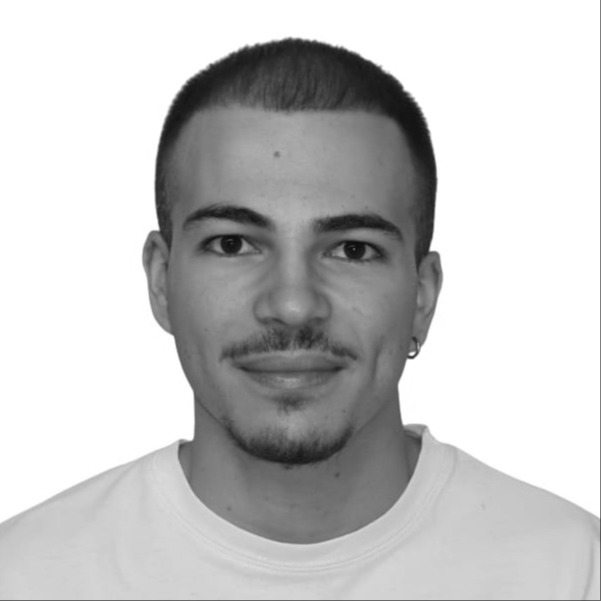
Daniel Prado-Aranda
Computational Linguist
MA in Digital Humanities (Complutense University of Madrid, Spain)
Funding
Since its creation in 2004, EMOTLC has received funding from the following organizations and institutions. These grants have supported our research on the historical impact of emotions, enabling collaborations, publications, and scholarly events that advance the field.

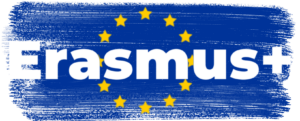


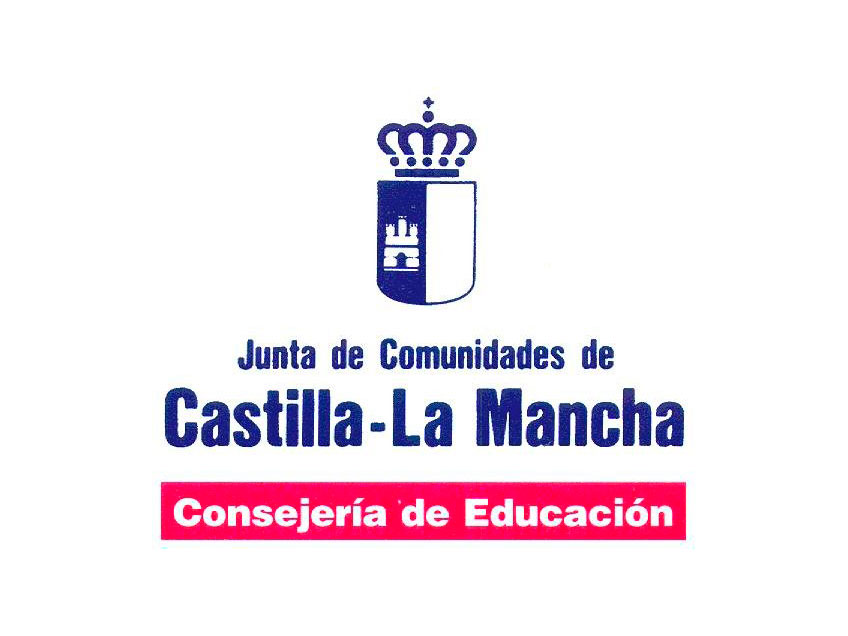
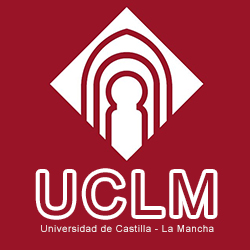
GET IN TOUCH
More info about our lab
“We are not thinking machines that feel, we are feeling machines that think.”
Antonio Damasio
Descartes’ Error: Emotion, Reason, and the Human Brain (1994)


